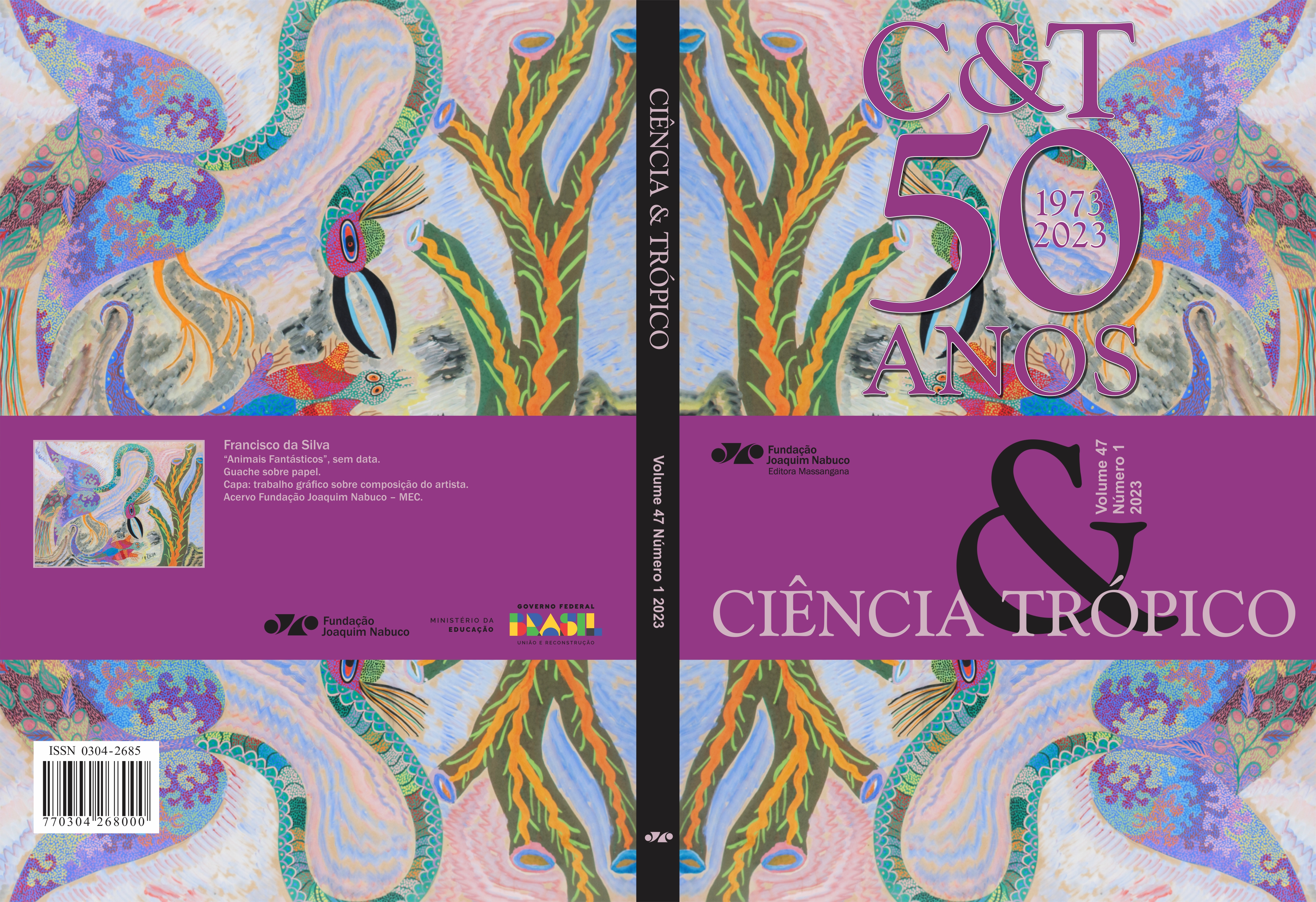The exile, the memory of childhood and the traits of colonialism in the novel by Albert Camus: The first man
DOI:
https://doi.org/10.33148/CETROPICOv47n1(2023)art5Abstract
In the novel The First Man, an autobiographical fiction by writer Albert Camus, the reader, through the memories of the character and protagonist Jacques Cormery, is led to the reality of the families who lived on the outskirts of the city of Algiers (capital of the former French colony). In this work set in Algeria, under French colonial rule, Camus addresses the lives of children, daughters of settlers who did not know their parents. Men who, summoned to fight for France in World War I, died for her and their bodies were not repatriated. Jacques Cormery, whose family was resident on the outskirts of Algiers, was a child who went out into the world thanks to his teacher; forty years later, he visits his father's grave in the cemetery of Saint-Brieuc and reveals all his strangeness before the tombstone. Think of all the bodies of the "black foot" fighters, Arabs and Berbers who are there, buried next to their progenitor. And reflects on poverty and xenophobia in social relations.
Keywords: Sociology of literature. Colonialism. Memory.
Downloads
Downloads
Published
How to Cite
Issue
Section
License
Copyright (c) 2023 Antônio Carlos Lopes Petean

This work is licensed under a Creative Commons Attribution 4.0 International License.


